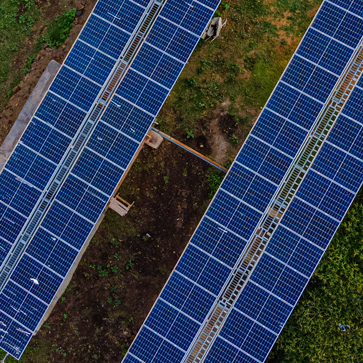Competence
center Social Entrepreneurship Sustainable business models with social impact
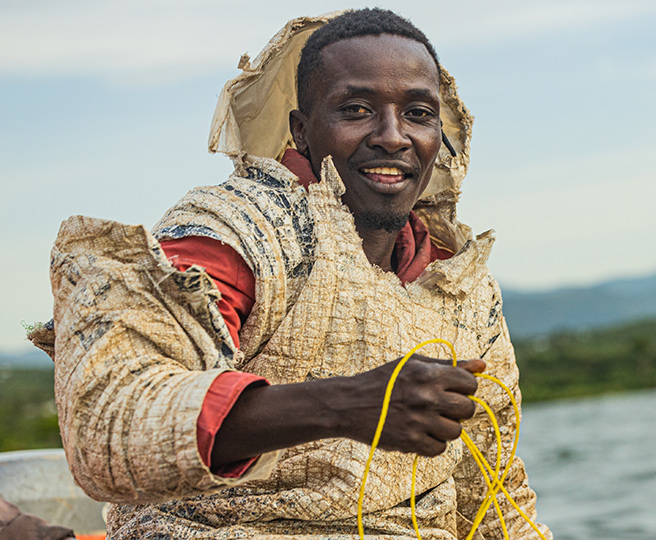
We work with social enterprises that are changing society for the better through innovative ideas and technical solutions.
With the 2030 Agenda, the global community has set itself ecological, economic and social goals for sustainable development. Together with government, civil society and business, social enterprises make an essential contribution to achieving these Sustainable Development Goals (SDGs): They develop solutions to the world’s most pressing problems and anchor them locally and in the long term with a sustainable business model. Together with social entrepreneurs, we work in particular in African countries to reduce supply deficits and create structures that enable sustainable business and open up economic prospects. Locally adapted technologies with a social impact play a special role in this.
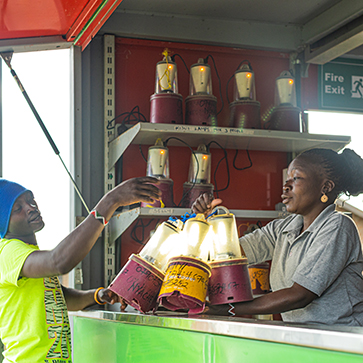
© WeTu/Siemens Stiftung
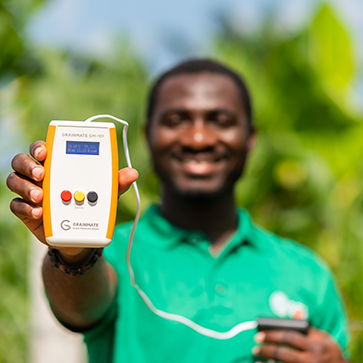
© Siemens Stiftung
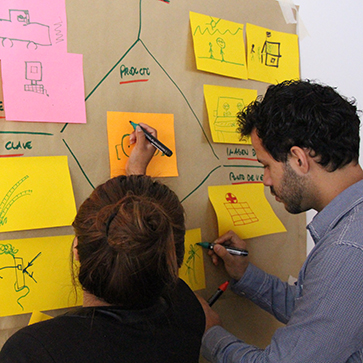
© Siemens Stiftung

© Impact Hub Accra
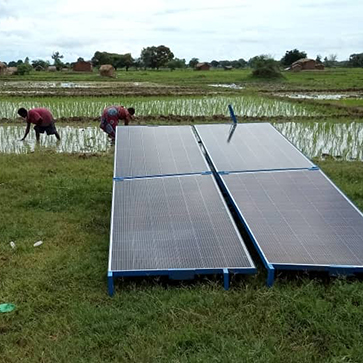
© Smart Energy Enterprise
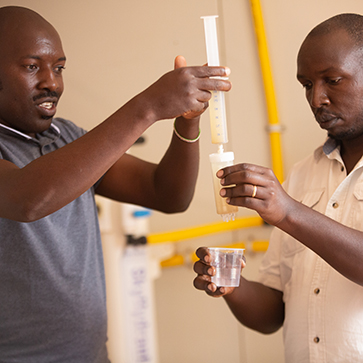
© Siemens Stiftung
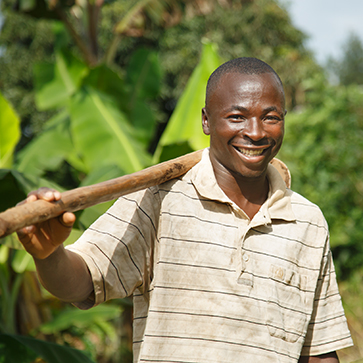
© TeamUp
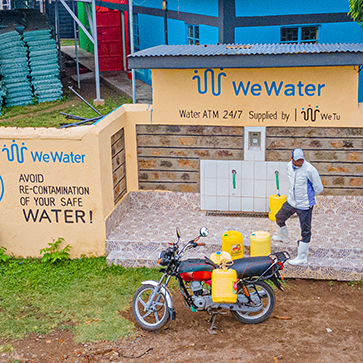
© WeTu
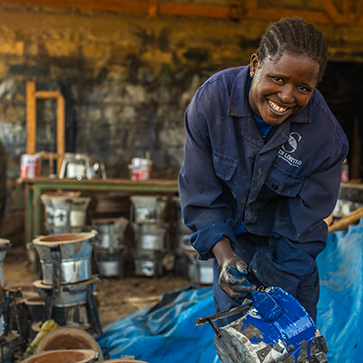
© Sunken Limited
Priorities
Essential services:
promoting access to vital products
Together with social enterprises, we are helping to bring about a lasting improvement in essential services, particularly: water, sanitation, sustainable energy, mobility, food, and health. Securing access to these vital products and services improves people’s quality of life and gives them new opportunities to improve their livelihoods.
Projects
We are committed and actively working to promote sustainable networks for development cooperation.
Our portfolio consists of operational, socially entrepreneurial projects in the field of E-Mobility, Water & Hygiene, and Sustainable Energy in Sub-Saharan Africa.

Portfolio
Our programs provide comprehensive support for selected social entrepreneurs.
At present, we are working with a series of social enterprises, offering targeted assistance to develop their business models. You can find an overview of our entire network of social entrepreneurs on our empowering people. Network.
Instruments
Business Development
Good ideas deserve to grow: That’s why we work with social enterprises as part of our tenders and projects to test new business models and increase their impact through research & development.
We accompany each organization individually – from training and coaching to acting as intermediaries and establishing links with potential partner companies, social investors and financial backers.
In an effort to promote an ecosystem that supports social entrepreneurship in the Global South and encourages focused on long-term impact, we engage with peer-to-peer networks, conferences, studies and advocacy groups, both in our focus regions and in international development policy.
Partners
Our efforts contribute to the United Nations‘ global Sustainable Development Goals. Together with partners from the development cooperation ecosystem, including international NGOs, social enterprises, and public- and private-sector development cooperation stakeholders, we are also involved in initiatives that pool expertise and promote knowledge transfer amongst the various organizations.
Social Entrepreneurship in the Global South – learn more!
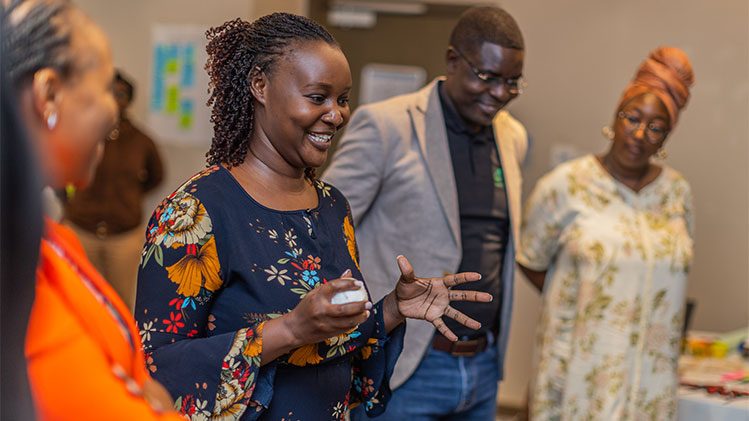
Female Social Entrepreneurship
Discover our programs specifically designed to empower female founders.
News
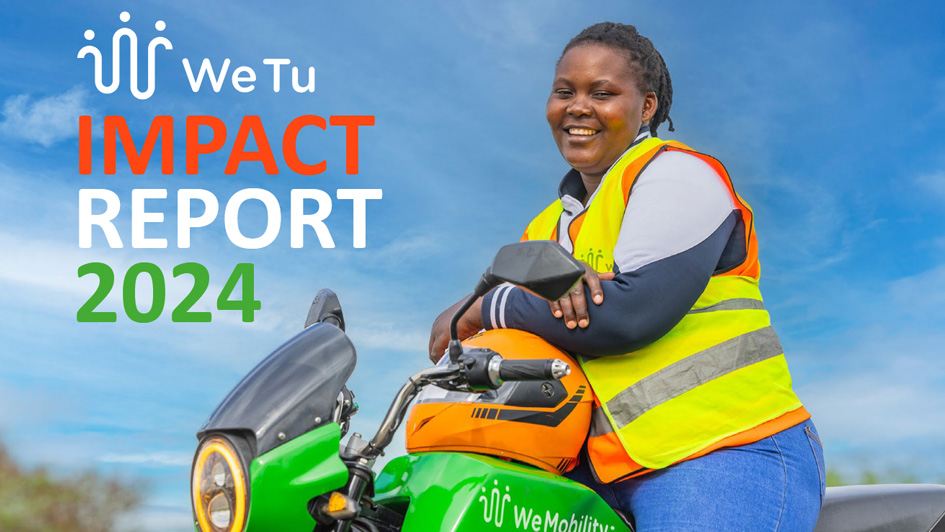
WeTu Impact Report 2024
- Founded by Siemens Stiftung, the social enterprise WeTu develops innovative solutions for clean water, e-mobility, renewable energy, cooling, and recycling around Lake Victoria. The 2024 Impact Report shows how these initiatives promote health, secure incomes, protect the climate, and sustainably improve the lives of thousands of people.
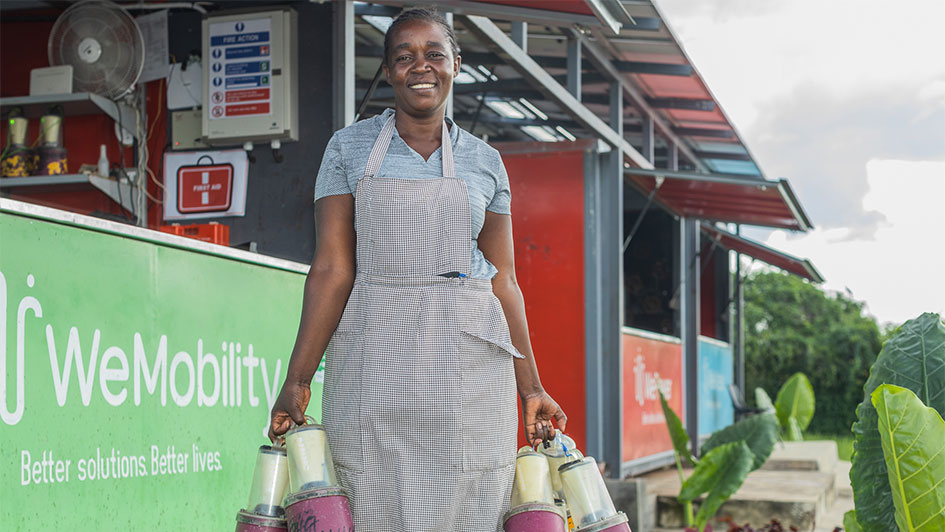
When ideas become solutions: Insights into our Kenyan social enterprise WeTu
- What do solar lamps for fishermen, e-motorbikes, clean drinking water, and recycled electronics have in common? This report takes you on a journey along Lake Victoria – and explores how WeTu drives sustainable development in Kenya through locally rooted, innovative solutions.
Publications
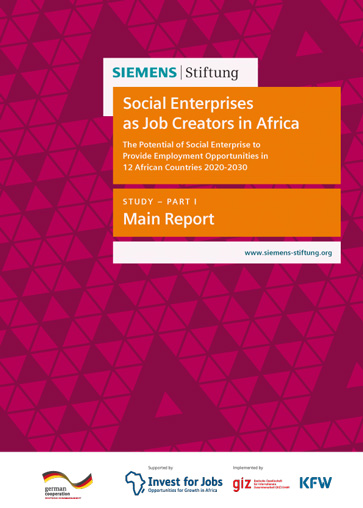
Social Entreprises as Job Creators in Africa
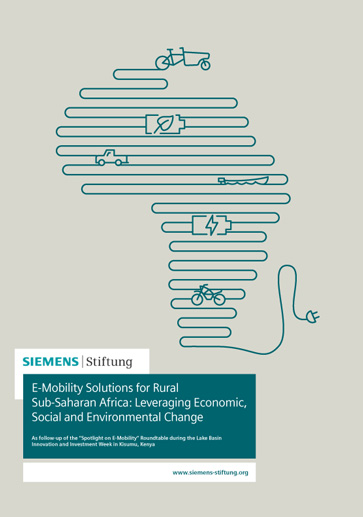
E-Mobility Solutions for Rural Sub-Saharan-Africa
Project portals
Smart Energy Solutions for Africa
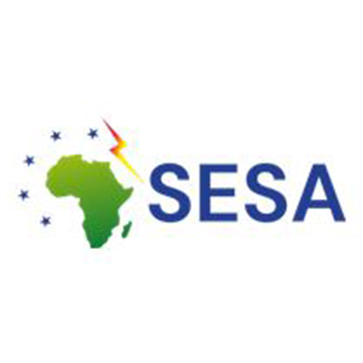
WeTu

WeTu is a social enterprise set up by Siemens Stiftung that works on innovative solutions to supply energy and drinking water in East Africa. It is also deploying the first-ever electric vehicles developed for rural Africa.
TeamUp
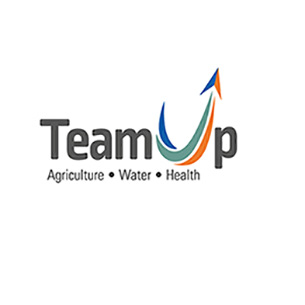
In collaboration with the German Ministry for Economic Cooperation and Development (BMZ), Deutsche Stiftung Weltbevölkerung (German Foundation for World Population), and Hanns R. Neumann Stiftung, the TeamUp program creates new opportunities for young people in rural regions of East Africa.
Background reports

Creative, Concrete, Dynamic and Transformative: WeTu’s cross-sectoral approach
- What do fishing lamps have to do with motorcycles? And what role do clean drinking water, ice, and recycled electronic devices play in the mix? Let me take you to an immersive journey to Kisumu, the third largest city in Kenya, and from there to Mbita via Homa by, along Lake Victoria.
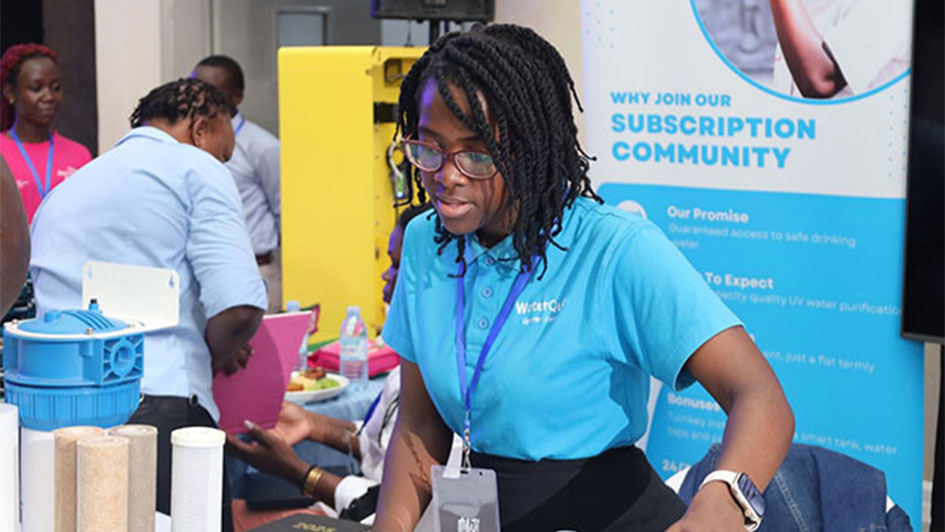
Social Entrepreneurs in Uganda: Local Solutions for Education and Health
- With innovative ideas and social entrepreneurial spirit, women in Uganda are providing clean water, improved hygiene, and greater access to education
Contact
Would you like to work with us? Or do you have any questions?
Christine Janezic
christine.janezic@siemens-stiftung.org
+49 89 540487 301




